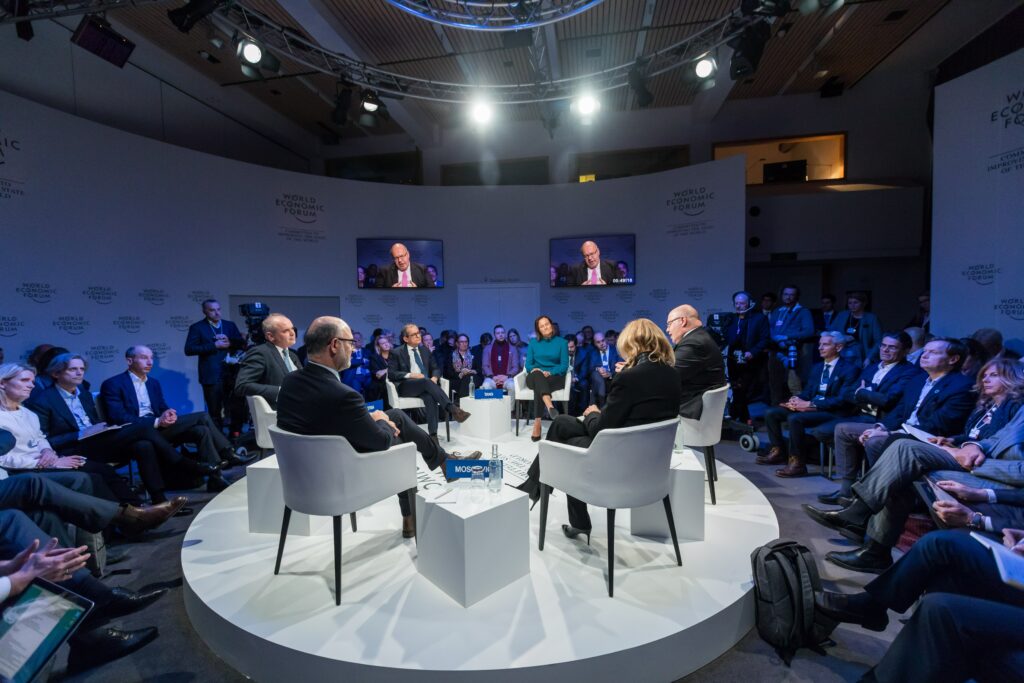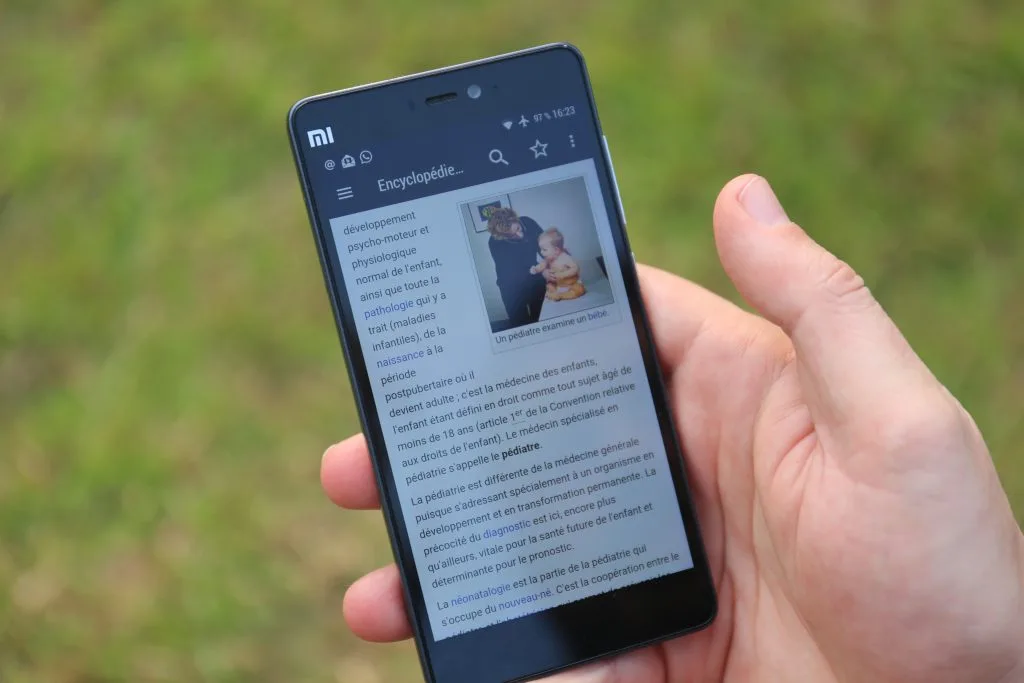Fri, Feb 17th 2023

The controversial annual WEF meeting used to draw some of the biggest global powers. In recent years, heads of state have been wary to join the Swiss conference.
While German Chancellor Angela Merkel, U.S. Secretary of State John Kerry and Chinese Premier Li Keqiang were gathered at the 2015 World Economic Forum (WEF) in Davos, another smaller, more sinister meeting was happening on the sidelines – a meeting regarding meddling in presidential elections around the world, according to local newspaper Tages Anzeiger.
Practically under the noses of some of the world’s most influential people, a representative of an Israeli political hacking group, known as “Team Jorge” met with an employee from Cambridge Analytica (CA), a UK political consulting firm. (READ MORE: The dark side of Davos).
In emails TA obtained this week, the hacker – using the alias “Joel” – agrees to a meeting with former CA employee, Brittany Kaiser. She suggests they meet “in our apartment or a restaurant…to discuss what we can achieve in Nigeria on short notice.”
Nigeria is Africa’s biggest democratic nation and in 2015 incumbent President Goodluck Jonathan was facing off against challenger, Muhammadu Buhari. CA was already active in Nigeria; the firm had been hired by a wealthy businessman to guarantee that President Jonathan would remain in office. The “Team Jorge” hacker group told Kaiser they could manipulate the democratic process and influence public opinion with fake social media profiles and targeted ads. They say they can also give the UK firm a USB stick with private documents from the incumbent’s opponent, Muhammadu Buhari.
The fee? About $160,000 plus travel expenses up to $40,000 for eight weeks of work, according to a four-page document sent to CA. The hackers called it “a special offer.”
“Our goal now is to focus on getting more stories (positive or negative, depending on the person in question) into the international press and onto social media,” Kaiser writes to Joel three days after their Davos meeting. Kaiser says later that she did not realize the information was illegally obtained and passed it on to her company’s African-based team to be used in local press.
The election ends up being postponed because of security concerns regarding the terrorist group Boko Haram and President Jonathan does not end up winning at a later date. But “Team Jorge” keeps working with CA. In 2017, “Team Jorge” promises that they can create up to 5,000 fake profiles on social networks in just one week.

Interestingly enough, there have been several WEF forums on targeting hackers and bringing them down.
Who is ‘Team Jorge’?
While some of this was revealed back in 2018, when Kaiser came forward as a whistleblower to the The Guardian, it was CA which bore the responsibility while the hackers roamed free. The UK firm acknowledged that it used data obtained from more than 50 million Facebook users to place tailored political ads to influence public opinion in elections such as former US President Donald Trump’s. CA has maintained that it never used “hacked or stolen data.” Netflix even produced a documentary about those who did the dirty work for the firm, but no one could figure out who the hackers were. Until now.
The bulk of information about “Team Jorge” has only come to light this week, thanks to the work of more than 100 journalists from 30 publications around the world who collaborated on catching “Team Jorge” in the act. In Switzerland, RTS, Tamedia research and Paper Trail Media assisted.
The journalists, headed up by investigative publication Forbidden Stories, wanted to finish the work that Indian journalist Gauri Lankesh had started. He was investigating “lie factories” when he was mysteriously murdered in 2017. After communicating with “Team Jorge” intermediaries for months via email and Zoom, a journalist was finally given an in-person “sales pitch” meeting near Tel Aviv in 2022. The journalist says he represents an African leader who hopes to postpone or cancel an upcoming election.

“Team Jorge” claims they can infiltrate nearly any social media and communication platform to spread disinformation and influence public opinion.
During that meeting, the supposed head of “Team Jorge,” Tal Hannan, says they have intervened undetected in 33 national elections and voter referendums. He says they had been successful in 27 of them for their clients. They also said they had been conducting such “special operations” since 1999.
Hannan explains how they use artificial intelligence to write on-demand viral posts that floods social media platforms such as Twitter, Facebook, Telegram, LinkedIn, Gmail, YouTube and Instagram. The profiles the fake posts come from use genuine photos and are linked with real credit cards. The work is done through software called AIMs.
Hannan says AIMs will “build a narrative” which can be compounded with more bot networks, spreading false information and hacking the opponent’s private networks on Gmail and Telegram. The job would cost about 6 million euros.
“We are now involved in one election in Africa … We have a team in Greece and a team in [the] Emirates … You follow the leads,” Hannan says, adding that they are engaged in two, “major projects” in the US.
When journalists investigated Hannan’s claims, they were able to verify them by monitoring bot activity that linked back to AIMs on several internet platforms. They found those AIMs bots to be discussing various sham social media campaigns, mostly related to business disputes in the US, UK, UAE, Canada, Germany, India, Mexico, and yes, Switzerland.
Meta, the owner of Facebook, this week took down AIMs-linked bots on their platform. Google, which runs the Gmail service, declined to comment when The Guardian contacted them. Telegram said “the problem of SS7 vulnerabilities” was widely known and “not unique” to its application.
Meanwhile, Hannan responded “to be clear, I deny any wrongdoing.”
This article may be freely shared and re-printed, provided that it prominently links back to the original article.
